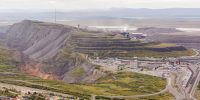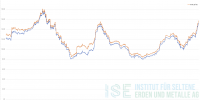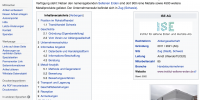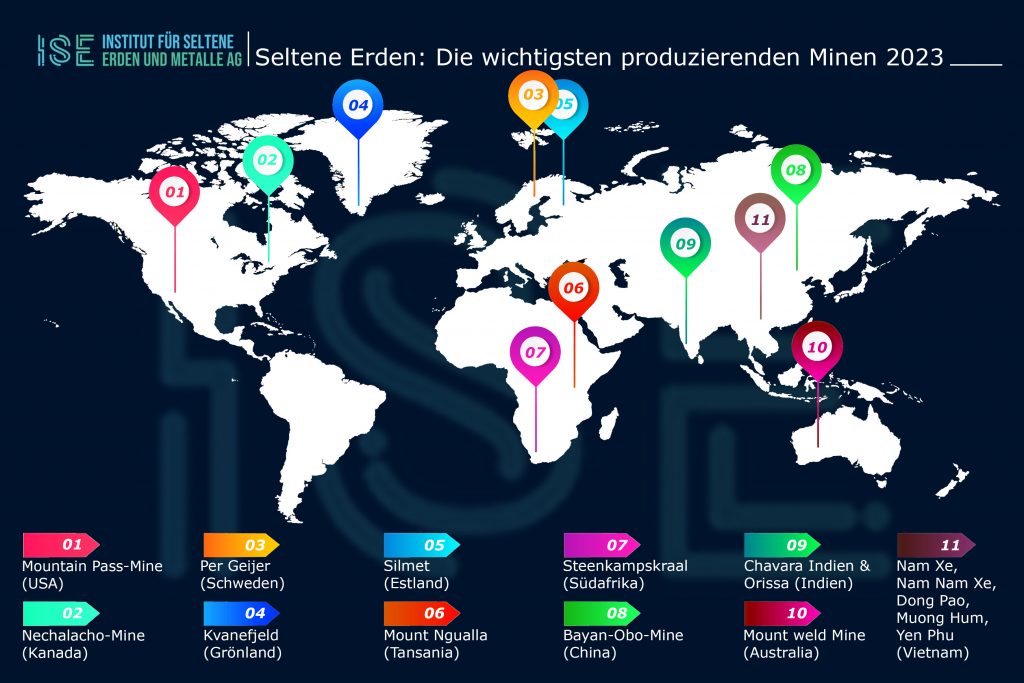Export taxes on rare earths are on the 1. May abolished - this was announced by the Chinese Ministry of Finance on Thursday in a statement. A move that, according to analysts, will stimulate China's exports of this rare resource.
On rare earths (SE) - a group of minerals that are critical to the technology and defense industries - and tungsten, molybdenum and aluminum forged products, tariffs are not expected to increase, the statement said.
According to Du Shuaibing, an analyst at resource advisory firm Baichuan Information, the lifting of tariffs will result in a reduction in 20 to 25 percentages of rare earths.
|
Key moments for the SE industry |
|
Before 2003: exports are promoted through discounts 2003-2006: exports are limited again, discounts expire. 2006-2014: Upper limits for exports are fixed, export duties raised annually 1. January 2015: Tariff Implementation Plan enforced |
"This will likely increase the export volume of rare earths considerably, which will help producers to reduce their SE stocks," said Du.
The measure will also have an impact on international SE prices, as the lower prices of SE exports from China will not affect the sale of rare earths produced in other countries and regions.
The metals are needed in products as diverse as iPhones and wind turbines.
Last year, SE exports reached a volume of 28.000 tons, about 27,3 percent more than 2013. The average export price was 83.000 Yuan (12.600 Euro) per ton, which was 47,8 percent less than in the previous year.
However, you also said that resource and environmental taxes on SE promoters would have increased production costs and therefore prices, which is still the main concern in the market.
This is also crucial for the fight against illegal mining and smuggling - factors that would have led to an oversupply, so you.
It is expected that China's six major SE groups - which dominate exports - will have completed most of the necessary work to integrate small mines and smelting companies by the end of 2015.
China is the world's largest producer and exporter of minerals, but the industry is beset with problems, including illegal mining, smuggling and a lack of competitiveness due to weak research and development.
The country imposed tariffs on 2010 and set strict export quotas not only to protect its scarce resources, but also to reduce the negative environmental impact of its extraction. Importers in Japan, Europe and the United States then complained that China's action violated international trade rules.
The shares of the SE producers rose significantly after the announcement of the Ministry of Finance on Thursday. But you said that the industry and other participants in the SE market would look for more policy changes in the future.
Quelle: http://german.china.org.cn/business/txt/2015-04/25/content_35416066_2.htm






